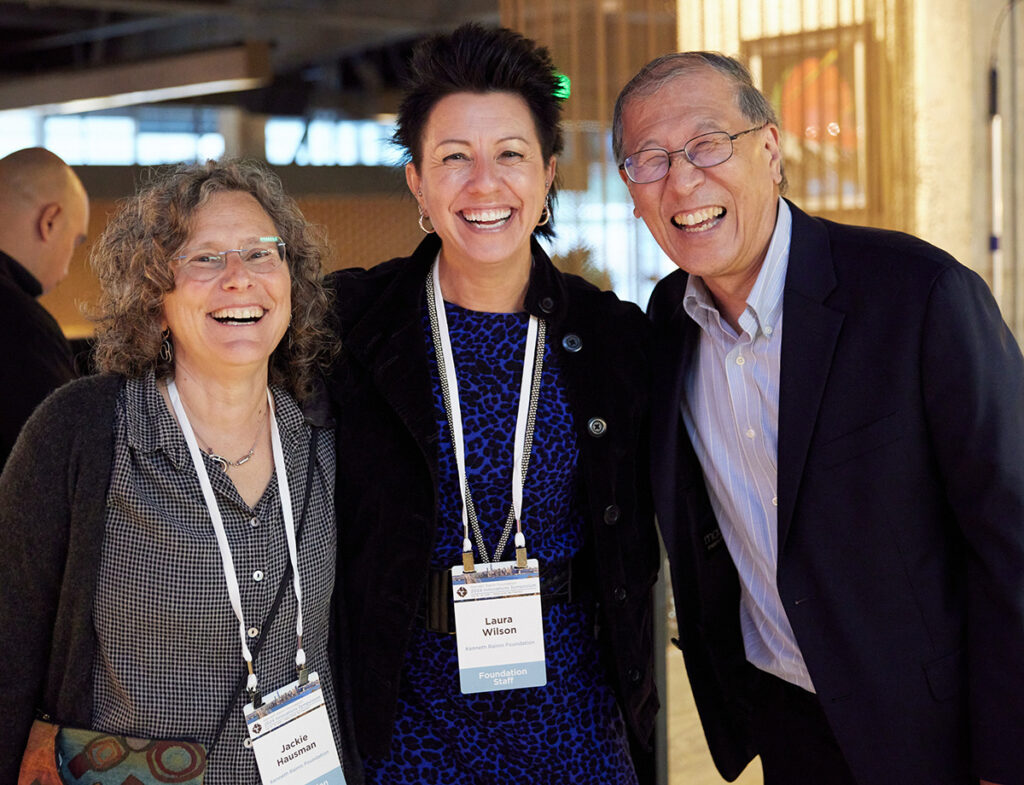Health
We support novel, high-risk research and challenge investigators to push boundaries. The beginning of an idea is particularly exciting to us because it’s where we can make the greatest impact. Our investments enable researchers to test ideas and gather data to advance the understanding of IBD. Beyond funding, we recognize the importance of dialogue and facilitate the collaboration among investigators to move IBD research forward. Learn about our goals, strategies, tactics and the outcomes we hope to achieve.
Health Program Snapshot
Research Areas
Researchers from any scientific discipline worldwide are eligible for funding.
Click through the sections below to explore the research areas we support
through our Health Program grantmaking.

Cell Biology
Discovering the cells, molecules and interactions involved in Inflammatory Bowel Disease is crucial to better understanding the disease.

Complementary Therapies
Exploring nontraditional treatment strategies for use alongside current therapeutic approaches to improve patient wellbeing.

Diet & Nutrition
Empowering patients with knowledge and tools to manage and control the symptoms of Inflammatory Bowel Disease.

Immunity & Inflammation
Understanding the immune response in Inflammatory Bowel Disease and how inflammation can be controlled is essential to unlocking where to target the next therapy.
Microbiome
Identifying specific microorganisms in our gut and promoting certain populations of microbes to treat and prevent Inflammatory Bowel Disease.
New Technologies
Start-up companies and researchers testing innovative technologies and devices can discover novel ways of preventing flares and new cases of Inflammatory Bowel Disease.

